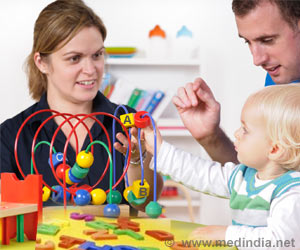Does delaying pregnancy affect birth rate? Yes, young people planning to postpone parenthood may reduce the number of babies being born.

What’s Going on with Falling Fertility Rate in the United States?
The results suggest that young adults may be having a more difficult time achieving their goals of having children. The data in the study can’t explain why, but the results fit evidence indicating that young people don’t think now is a good time for them to have children.‘Removing barriers and making it easier for people to have children at an early age may boost the declining birth rate.’





People feel more worried about the future than they might have been several decades ago. They worry about the economy, child care, and whether they can afford to have children.Researchers conducted the study using data from the National Survey of Family Growth, which has been asking people about their childbearing goals and behaviors for several decades.
They looked at 13 women and 10 men born between the 1960s and the 2000s. They were all asked how many children they intended to have, if any.
Why do People Postpone Parenthood? Reasons and Social Policy Incentives
The percentage of people who said they don’t plan to have any children has increased, from about 5-8% in the 1960s and 1970s to 8-16% in the 1990s and 2000s. But that alone can’t explain the decline in the number of babies being born.Researchers noted that the number of unintended births, especially among people in their 20s, has declined in recent decades, which has helped reduce the birth rate.
But that doesn’t change the fact that people aren’t having as many children as they say they want, especially at earlier ages. It may be that they’re going to have those kids when they’re 35 years.
Advertisement
In addition, would-be parents may have more difficulty conceiving as they get older. Larger economic and social forces are also having an impact on birth rates.
Advertisement
For those who are concerned about America’s dropping birth rates, this study suggests that there is no need to pressure young people into wanting more kids.
Instead of that, making it easier for them to have the children they want by removing barriers that revolve around economics, child care, and health insurance would be a great idea.
Source-Eurekalert











